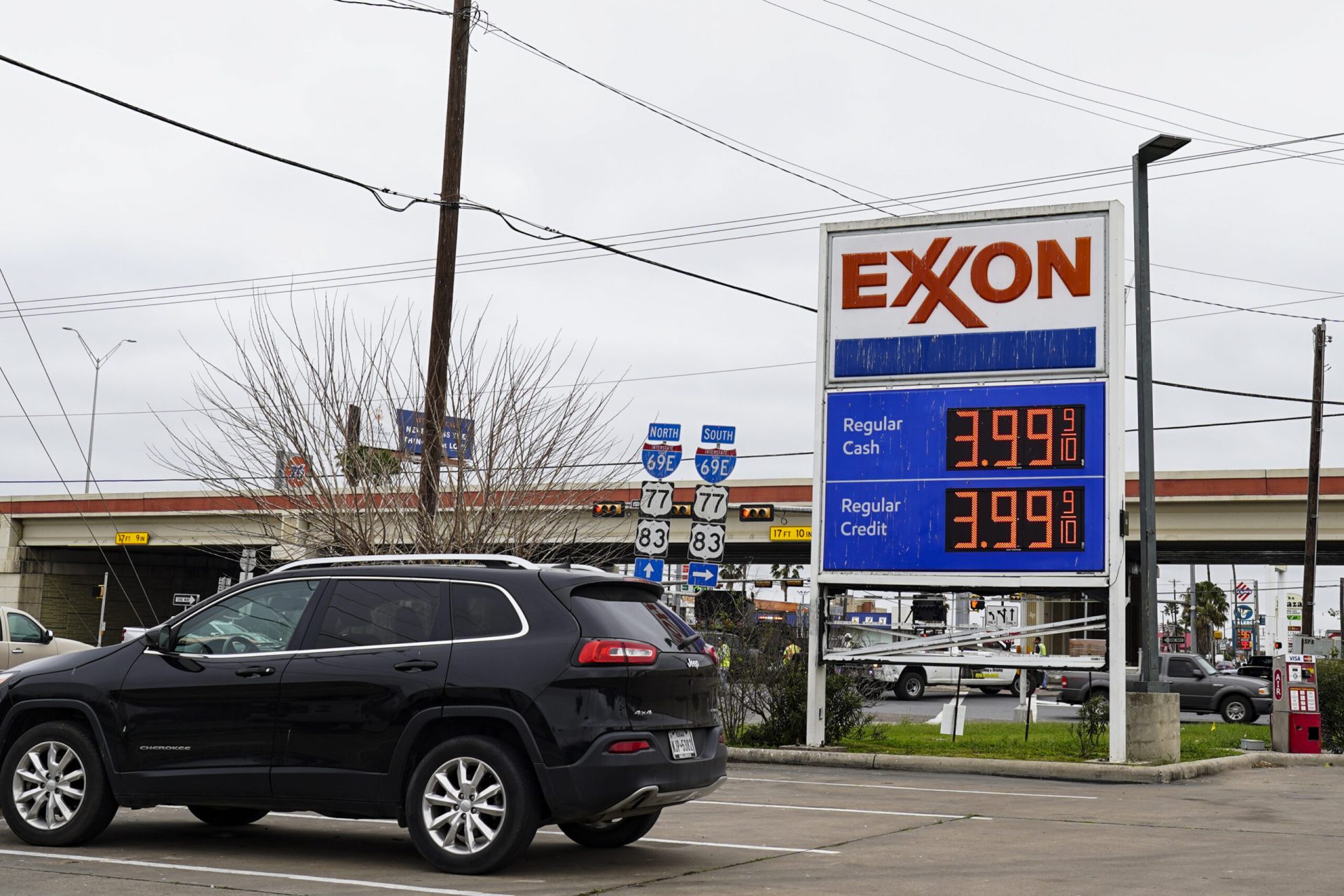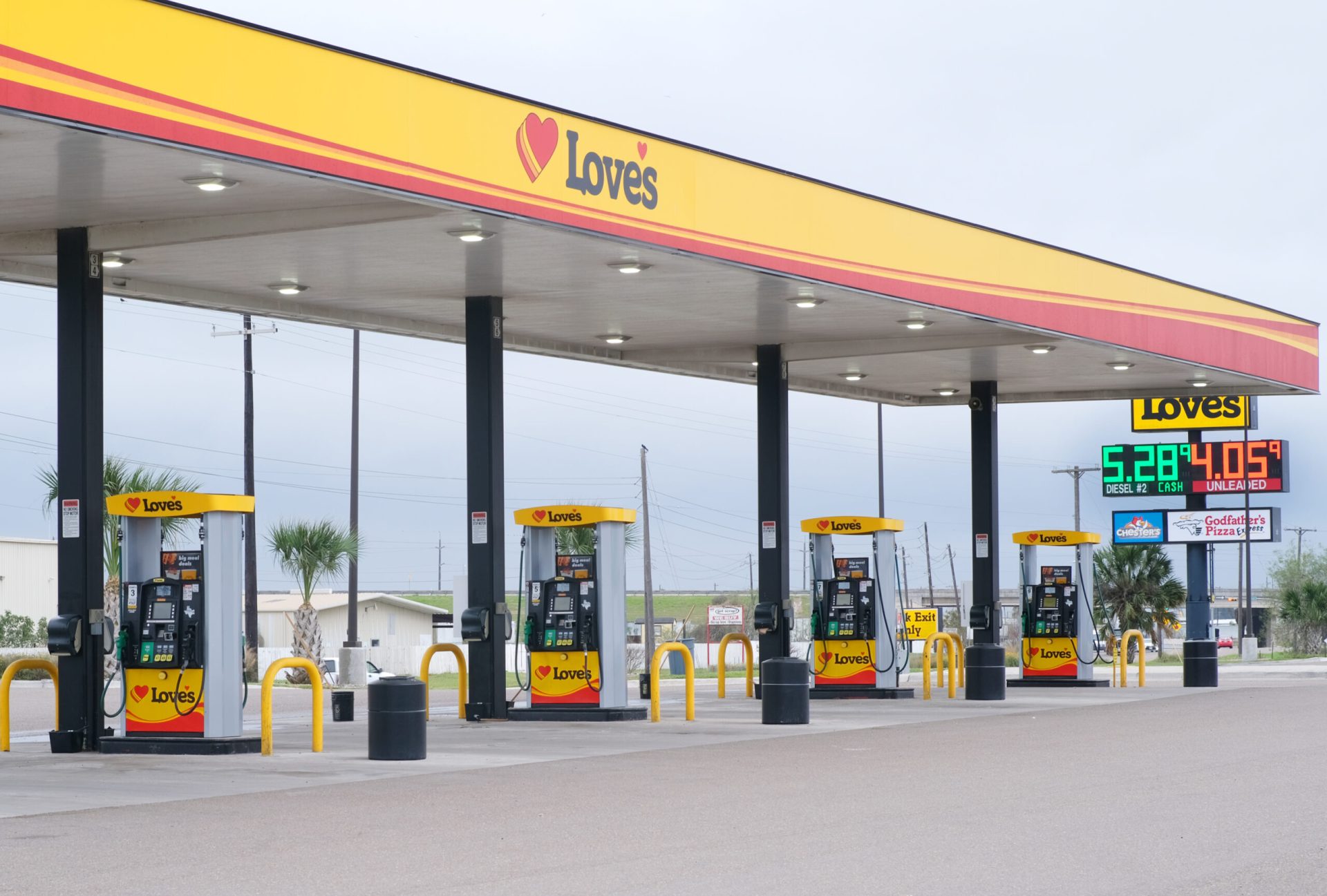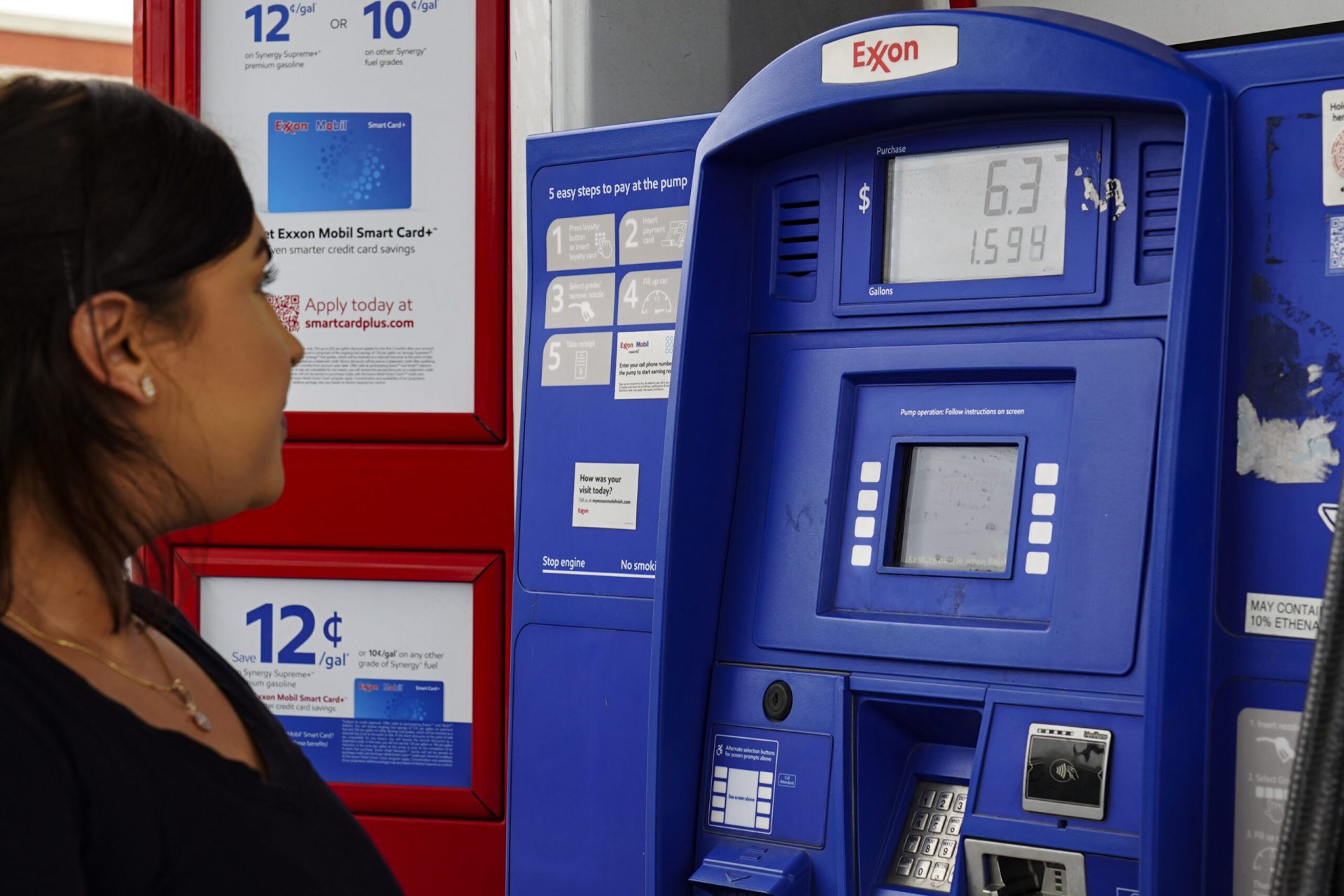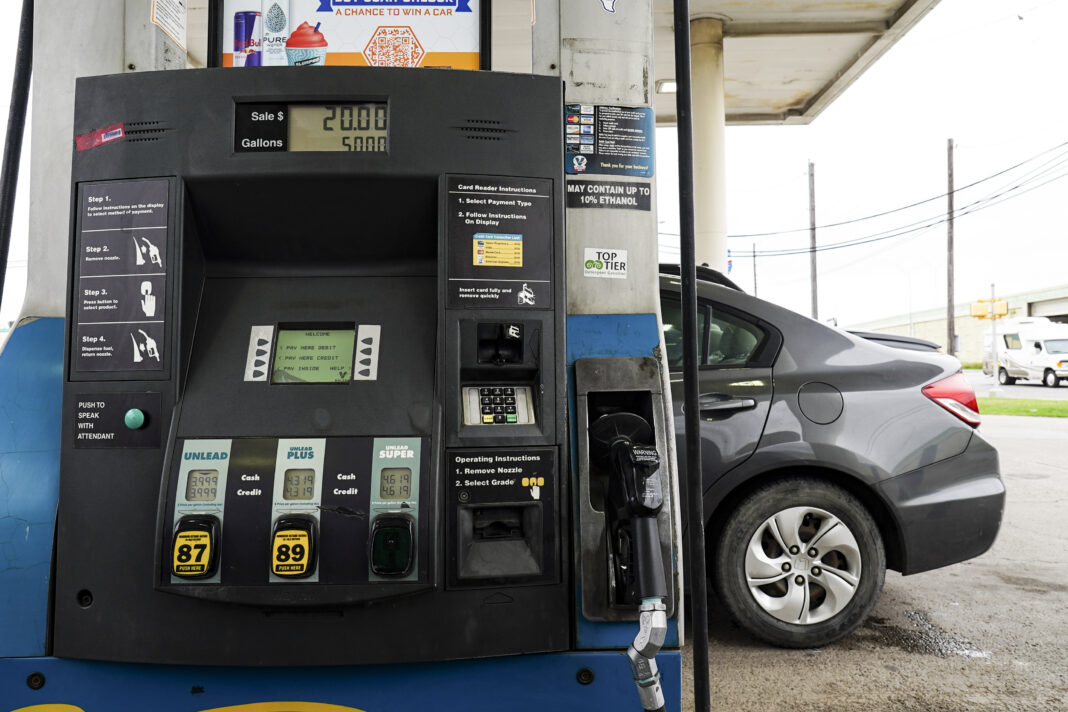Russia’s war in Ukraine is about to move much closer to the Rio Grande Valley.
No matter what gas station or brand’s fuel you buy, one of three Corpus Christi refineries almost certainly produced the gas or diesel flowing out of any Valley pump.
Citgo operates one refinery, the Citgo Corpus Christi Refinery, using heavy crude oil as a feedstock. Valero operates the Bill Greehey Refineries East and West plants, with the East plant processing heavy crude and the West plant processing both light and heavy crude.
“Citgo has never been a regular importer of Russian crude oils, as our supplies are primarily U.S., Canadian and Latin-American crudes,” a company spokesperson said via email. “The last time Russian crude oil was purchased was late in 2020. As a result of the recent events in Ukraine, CITGO is not considering offers of any hydrocarbons from Russia.”

But San Antonio-based Valero has been one of the biggest buyers of Russian oil, at least until the Biden administration banned it Tuesday.
The company did not respond to emails seeking comment.
Without Russian heavy crude to process, and it was responsible for 672,000 barrels per day, or 10 percent, of the market in the United States until last week, Valero’s Corpus Christi refineries may have to slow production unless they find alternatives.
And that could leave the Rio Grande Valley high and dry when it comes to gas and diesel.
“It’s a tremendous threat,” said Alex Hinojosa, president of Harlingen-based Hinogas, which buys and sells propane, gas and diesel. “If you don’t have the dough to make the bread, you can’t make the bread.”
And with Russian crude oil off the market, that creates even more competition for available sources of heavy crude from elsewhere, with U.S. refineries primarily looking to ship heavy crude from Canada via rail.

Complex web
Valero has wholesale outlets in Edinburg and at the Port of Harlingen, operating under the name of NuStar, with fuel delivered by ocean-going barges. Citgo delivers much of its fuel to the Port of Brownsville via pipeline to the port’s loading rack. Some fuel is delivered via truck.
“The issue with one of these refiners (Valero) is that they primarily used heavy crude as their main feedstock,” Hinojosa said. “About 20 years or so ago, there was a large spread in the price per barrel where heavy crude was approximately $20 per barrel lower than sweet crude.”
“The company made a business decision to make all, or most of their refineries, refine heavy crude and not sweet crude,” Hinojosa said.
Valero used to buy much of its crude from Venezuela, but due to condemnation of the dictatorship of President Hugo Chavez and his successor, Nicolas Maduro, imports from Venezuela were banned under U.S. sanctions.
So Valero turned to Russia.
Data from the U.S. Energy Information Administration showed Valero imported more than 15 million barrels of oil from Russia in 2021. That total was about one-fifth of all Russian crude imported into the United States.
Last week, Hinojosa said, some types of gasoline and diesel were unavailable for purchase for non-affiliated Valero buyers like himself.
Hinojosa cautions that if Russian crude can’t be replaced by other sources, which are limited, we could see shortages of gas and diesel in the RGV.

Gas prices were up
President Joe Biden, his administration and leading Democrats last week blamed current high gas prices on the Russian invasion of Ukraine which commenced on Feb. 24.
But the data seems to contradict those claims.
On President Donald Trump’s final day in office in 2021, the average price for a gallon of regular in the United States was $2.39. On the day Russia invaded Ukraine in February it was $3.54, already having increased by 48 percent.
Now the average price for a gallon of unleaded regular, which hit all-time highs last week, is at $4.32 per gallon, up 22 percent since Russia invaded Ukraine and up 81 percent above the price on Trump’s final day.
On his first day in office, Biden canceled the Keystone XL pipeline, which would have created an efficient way to move heavy Canadian crude south to the Gulf Coast where most of the nation’s refineries are located.
Hinojosa says it would be nice to have the pipeline as an option now.
“The Keystone pipeline was being built and paid for by market participants because Canada has mainly heavy crude,” Hinojosa said. “Keystone was slated to end in Houston at the capital of refining in the U.S.”

Democrats break
Four Democratic congressional members from Texas broke with the Biden administration last week, urging the White House to “unleash” U.S. production of oil and natural gas to counter the loss of Russian oil.
U.S. Reps. Vicente Gonzalez, Henry Cuellar, Sylvia Garcia and Filemon Vela signed the letter, demanding Biden send a “strong signal” that the United States will be a reliable supplier of oil and natural gas to the world.
“Domestic energy producers, refiners and exporters are ready, willing, and able to work with your administration to give our allies access to a reliable source of energy and provide relief to American consumers,” the letter reads.
“We cannot wait for tomorrow to do what needs to be done today. We must unleash responsible domestic production to counter reliance on Russian oil and gas, while simultaneously cutting off Russia’s largest source of revenue. Now is the time to regain our energy independence and support our allies around the globe,” it concludes.
LIGHT VS. HEAVY
>> Light crude oil, also known as sweet crude, has a lower density and flows freely at room temperature.
>> Heavy crude, also known as sour crude, is much thicker and has a higher density or specific gravity than light crude.
>> Light crude earns a higher price on commodity markets because it produces a higher percentage of gasoline and diesel.
>> West Texas Intermediate (WTI) is an example of sweet light crude and serves as a pricing benchmark.
>> Many refineries are set up specifically to use heavy crude as a feedstock because of the financial advantages gained in it being cheaper to purchase.





